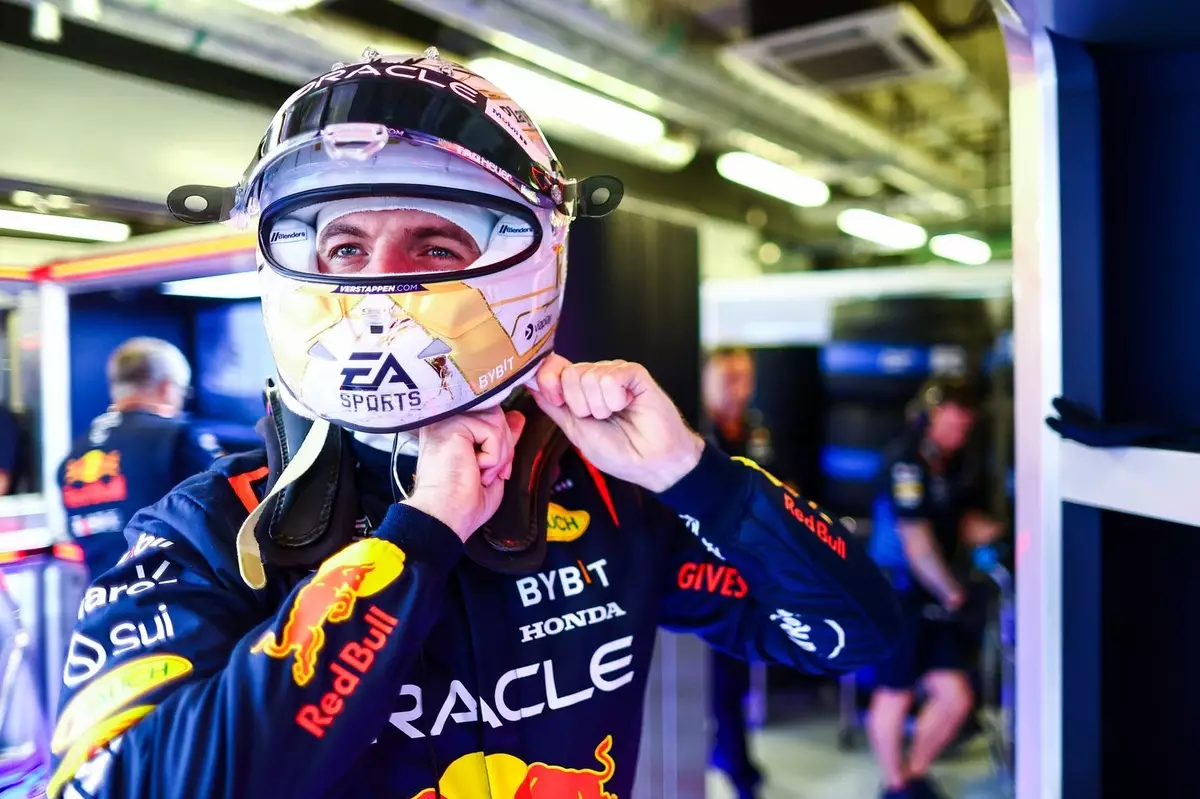In the high-pressure world of Formula 1 racing, where every second matters and the slightest miscalibration can lead to disastrous outcomes, the 2024 season brought forth a unique set of challenges for Max Verstappen and his team at Red Bull Racing. After an explosive start that saw him triumph in six of the first nine races, Verstappen found himself in unfamiliar territory when a subsequent nine-race winless streak threatened to derail his title defense. This seasonal roller coaster not only tested his driving skills but also his mental fortitude — a testament to how unpredictable and challenging the sport can be.
The initial dominance exhibited by Verstappen was nothing short of staggering. With commanding performances in Bahrain, Saudi Arabia, and Japan, he seemed to be on a path to clinch the championship effortlessly. However, the narrative shifted as rival teams, notably McLaren, began to excel, and Red Bull started to face technical struggles that seemed insurmountable. It was this period of adversity that ultimately defined Verstappen’s character and his approach to racing.
Christian Horner, the team principal of Red Bull Racing, provided insight into the internal dynamics during this tumultuous phase. He noted that as the performance correlation between the car’s capabilities and track conditions faltered, Verstappen became an irreplaceable asset in the engineering process. His ability to communicate effectively with the team’s engineers became a linchpin for recovery, illustrating the paramount importance of a driver’s feedback on the car’s performance.
The collaboration between Verstappen and his engineering team exemplified a high level of professionalism and dedication. He engaged deeply with the technical staff, working tirelessly on simulators and analyzing data. Horner highlighted how Verstappen used his experiences on the track to help navigate the deficiencies of the RB20, pinpointing specific areas that required attention. This direct and constructive feedback was critical in recalibrating the team’s approach during a particularly lean spell.
What stands out in Verstappen’s journey this season is not just his racing aptitude, but his unparalleled leadership. Despite the difficulties, he maintained his composure, demonstrating a maturity that belied his age. There’s an elemental quality to Verstappen’s resilience: even in races where victory was out of reach, he consistently secured valuable points by finishing in the top six. This level of consistency proved vital in the overarching narrative of the season, allowing him to keep his title ambitions alive when others might have faltered.
Horner encapsulated this quality by emphasizing the combination of tenacity, teamwork, and strategic acumen that Verstappen displayed on the track. His capacity to adapt to changing circumstances, marked by tactical decisions and on-the-fly adjustments, allowed him to remain a formidable competitor throughout the season.
Despite the challenges faced during the middle of the season, Verstappen’s perseverance paid off when performance levels returned toward the end of the year. His steadfast nature and refusal to panic under pressure turned potential setbacks into opportunities, solidifying his reputation as a driver who thrives in high-stakes situations. Horner’s acknowledgment of Verstappen’s impact as a leader emphasizes how drivers do not operate in isolation; their roles intertwine with technical teams, strategist minds, and even the very design of their cars.
By the end of the 2024 season, the combination of Verstappen’s remarkable driving and his proactive engagement with the team led to a compelling championship victory. This triumph serves as a case study of how resilience, leadership, and collaboration can redefine the narrative in the face of adversity. As the dust settles on another season, one cannot help but appreciate the layers of complexity that underlie what it means to be a world champion in Formula 1.


Leave a Reply